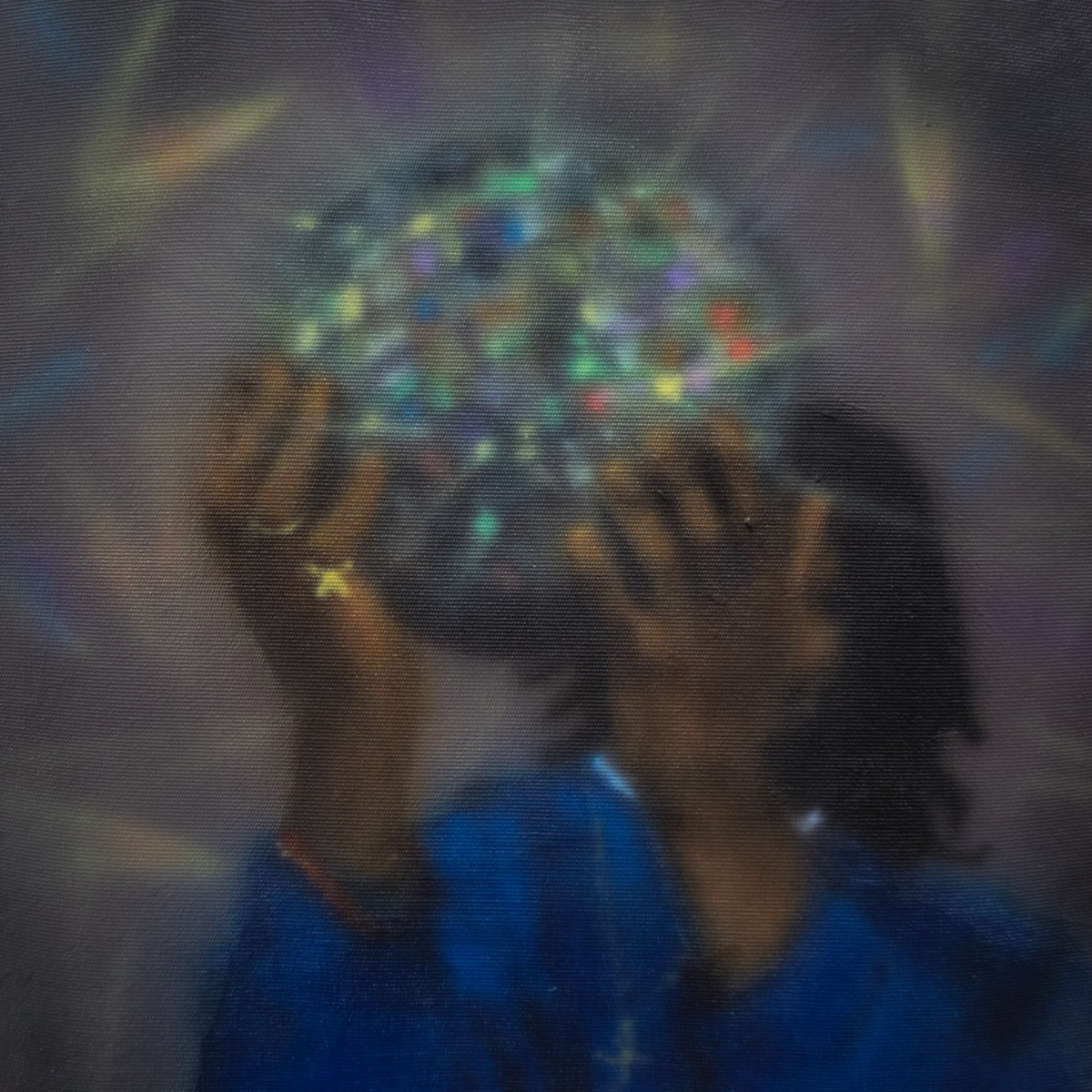MIKE
Disco!
10K
8/10
Off-key lounge pianos, subtone-blown tenor saxophones, and lo-fi production tricks that lean lethargically to the left of center (“Spiral”); the breezy bliss of abstract summertime blues placed beside cluttered beats and the everyday violence of police sirens (“Crystal Ball”); a flute-filled vintage soul sonnet amped too high in the mix to make out its mumbling rapper’s low and mournful prose (opener “Evil Eye”); these are some of the favorite things of Bronx rapper and producer MIKE.
Never to be confused with the rhetorically aggressive Open Mike Eagle and the aggressively rhetorical Killer Mike, or even his own earlier morose-hop LPs, the happily monotone and muddled MIKE has long been under mainstream rap’s radar with experimentally jazzy, hypnotically slow-vocalized, low-grooving albums such as 2020’s Weight of the World and 2019’s Tears of Joy on his own self-created label 10k.
Here on Disco!, however, using his DJ Blackpower nom de plume and an immersion in house music and bossa nova, the sounds upon which he tells his teenage symphonies are brighter and flightier. Even when its charging melodies come across like viking warrior anthems (e.g. “Alarmed!”), or its cool jazzy arrangements are cluttered by ominous repetitive clusters of cymbals, vibraphones, and fretless bass blips (“Center City”), there is glee to be found in every crevice.
At times resembling the harmonically rich orchestrated mess of producer Adrian Younge (like the twinkly, electric piano-led “Aww (Zaza)”), with gentle quietude as its key (“Sandra”), Disco! songs such as “Big Love” allow its dusky, deep-voiced rapper a form of flinty musical expression not heard before in his work, a sing-songy hypnotic baritone focusing on phrases (lyrical rips such as “Love as it was when it was”) that go beyond percussive punctuation. On occasion, the repeat-button aesthetic gets tired, as on the watery synthetic “Tailwind,” but its failings are few and minor, and in the end, Disco! is as catchy and daring as it is unique; all the more sumptuous for its joyful abstraction as it is its gleeful contagion.







